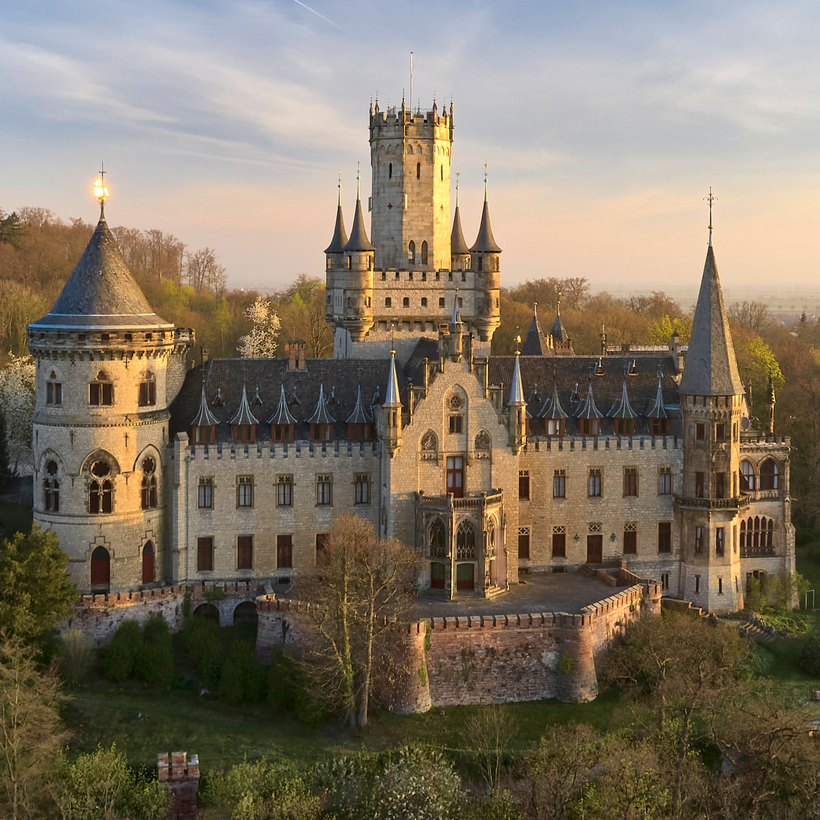The head of one of Germany’s most august noble families is suing his son for control over a spectacular Gothic revival castle and a stately city residence.
The Welfs, also known as the Guelphs, were once among the foremost medieval dynasties in Europe, ruling large parts of what are now southern Germany and northern Italy, including Tuscany, Bavaria and Saxony.

